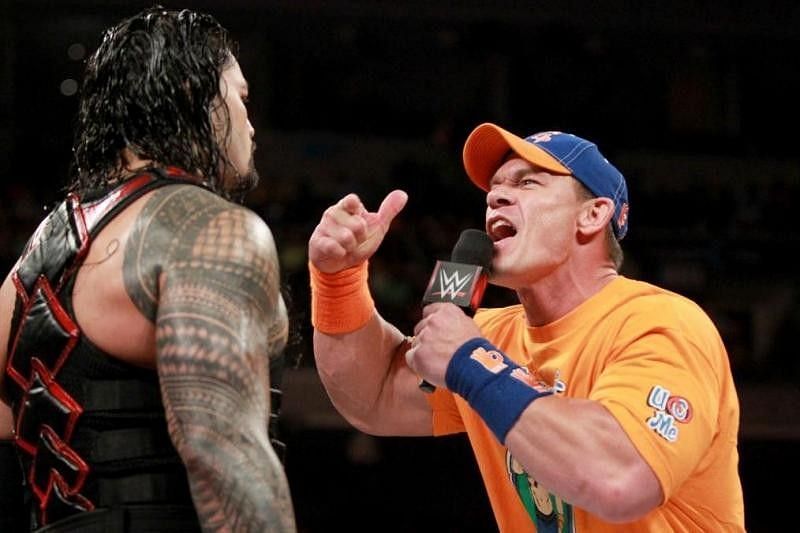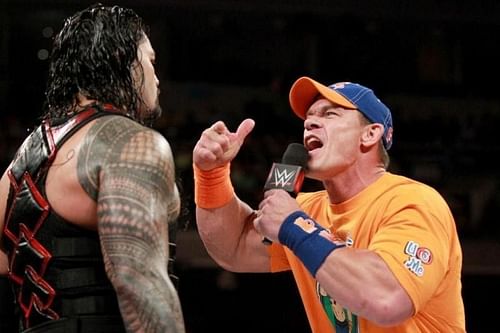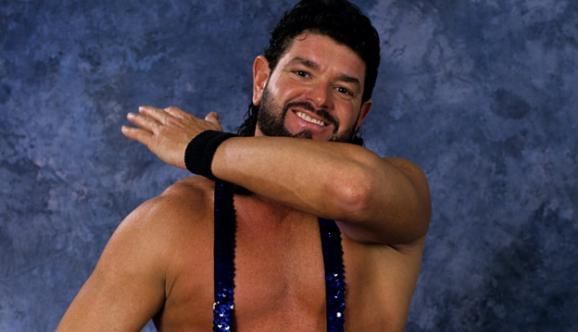
10 Examples of Pro Wrestling Jargon

In any industry, there is always 'insider' terminology, often referred to as jargon. For example, in the hotel and lodging industry, the standard room rate is often referred to as BAR, which is an acronym which stands for Best Available Rate.
In the fast food and retail industry, when stock items disappear for whatever reason from inventory, it's referred to as 'shrink' or 'shrinkage.' Basically, the term derives from the fact that the amount of merchandise has 'shrunk' for some reason, often theft or human error.
Like any other industry, professional wrestling and/or sports entertainment has its own share of jargon. Some of these terms are well known to wrestling fans, such as the term 'jobber,' but others are somewhat more obscure.
Here are ten examples of pro wrestling jargon, what they mean, and where their origins likely are.
#1 Enhancement Talent

What it means: A wrestler whose job is to make other wrestlers look good by losing, ie 'enhancing' their image.
Also referred to as: Jobber, though that term is mainly used by fans or rude pro wrestlers.
Likely Origin: Like any sport, pro wrestling has a lot of egos. Certain stars may refuse to lose to other wrestlers for personal reasons. Enhancement talent was created to solve this problem by having a class of wrestlers who didn't expect to win.
Enhancement Talent has been a part of pro wrestling for over fifty years, at least. During the wrestling boom of the 1980s, WWE and NWA rarely put on matches between two stars of equal rank.
Rather, a mid- or upper-card wrestler like say Ravishing Rick Rude would wrestle a ten-minute or less match against an enhancement star, such as Barry Horowitz.
Contrary to popular belief, the 'big' stars don't look down on the enhancement talent; quite the opposite, in fact, because they are grateful to the Enhancement wrestlers for making them look good.
Ric Flair once allowed perennial enhancement talent George South to nearly beat him on an NWA broadcast because South was retiring soon and Flair wanted to reward him for his long years of service.
The most recent example of the same is former WWE superstar Heath Slater. The former 3MB member was used as an enhancement talent for various stars and returning WWE legends.